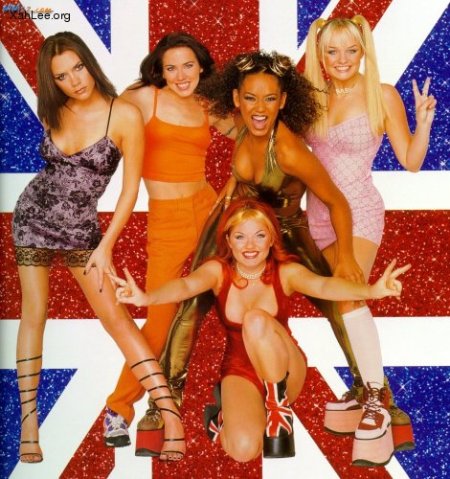The blogosphere is all aflutter over the appointment of a number of attorneys by the Obama administration to upper-level DOJ positions, simply because a number of these attorneys represented the RIAA or MPAA in a number of copyright cases, or even was successful in redefining contributory copyright infringement in the Grokster case.
Ben at Copyrights & Campaigns tries to put some perspective on the appointments, complete with an “insider” source that notes that these guys are not going to have a lot of day-to-day involvement in copyright cases.
First, there is no indication whatsoever that Tom Perrelli, Don Verrilli, Neil MacBride or the others were selected because of their views or experience on copyright issues. […] They all have extensive experience in areas other than copyright, and those non-copyright experiences, I suspect, had a lot more to do with their appointments than their anti-piracy work.
Second, the Department of Justice has virtually nothing to do with civil copyright litigation, which is almost almost always fought between private parties, with the DOJ paying no attention at all. […]
It is true that DOJ prosecutes criminal copyright infringement cases. But ask yourself when the last truly controversial criminal infringement case occurred. The fact is, criminal copyright cases are virtually all about blatant cases of commercial infringement (e.g., a factory stamping out pirated DVDs and selling them), not about interesting and controversial issues involving secondary liability or fair use. […]
Don’t get me wrong; I’m thrilled to have first-rate copyright lawyers in the top ranks of Justice. But I am under no illusion that they will be spending much of their time on copyright issues, or that the Obama Admistration’s IP policies will differ from the Bush Administration’s IP policies in any major way. The fact is that administrations of both parties have been admirably supportive of copyright owners and their legitimate efforts to enforce their rights.
Ben’s commentary is so thoughtful (and well cited, and even includes an “inside source”!), I thought it worth repeating here. I agree that the day-to-day operation of the DOJ vis-a-vis copyright and other types of IP enforcement will not be significantly different under an Obama administration, nor that it would be significantly different if the Copyright Avengers had not been appointed. But the differences may arise if, for example, there is a significant constitutional challenge to a copyright statute (a la Tenenbaum) and a Court of Appeals or the Supreme Court asks for the DOJ’s input. And rather than a victory for the “copyright,” perhaps because Obama did not appoint any Lessig-type attorney to the DOJ, it’s just a small defeat for the “copyleft.“







